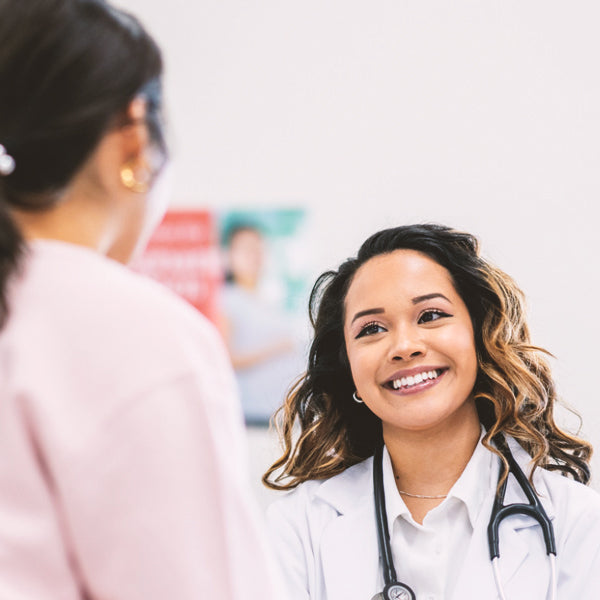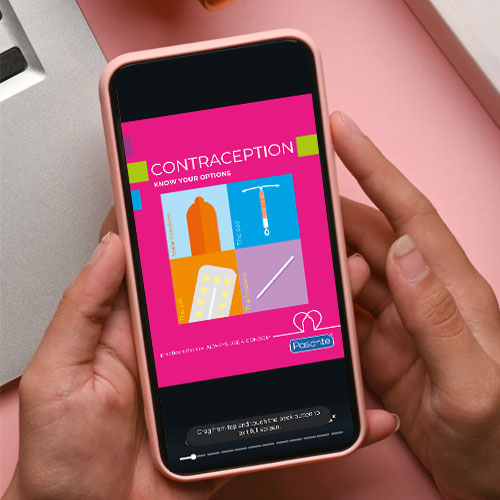
What is Shigella?
Share
Shigella is a bacterial pathogen that can cause severe diarrhoea and stomach cramps. Shigella can be passed on through infected faeces, either through having anal sex, fisting, touching genitals or the anal area, rimming as well as eating food that’s been contaminated with the bacteria. Shigella is extremely contagious and only a small amount of bacteria is needed to transmit to another person. Shigella symptoms tend to appear 1-2 days after exposure but the infection can stay in the body for up to one month.
Public Health have reported that diagnoses increased by a staggering 502% between 2004 and 2015. However, in 2020, with the control measures that were in place for coronavirus, numbers have fallen dramatically for those contracting the bacteria from sexual contact.
In 2024, it was reported that there had been a further increase of 2,311 new cases of shigella in gay, bisexual and men who have sex with men - a 13% increase since 2023 and a staggering 65.91% increase since 2022. There has been an increase in variants of Shigella that are extensively-drug resistant, showing the limited effective treatment options available.
Let’s find out more about the symptoms of Shigella, treatment and testing of Shigella as well as how to protect yourself from catching this common STI.
What are the symptoms of Shigella?
There may not be any symptoms of Shigella. However, if you do have symptoms, they can appear between 1-3 days after exposure to the bacteria and can last up to a week.
Symptoms of Shigella may include;
- Diarrhoea (and may contain blood or mucus - also known as ‘dysentery’)
- Fever
- Nausea and vomiting
- Abdominal cramps
What to do if you think you have Shigella
-
Make an appointment with your GP or a local sexual health clinic and tell them that you think you may have Shigella, possibly caught through sexual contact. They can then give you the appropriate treatment for Shigella. You may also have to refrain from school / work for a while.
-
Continue washing your hands frequently with warm water and soap, especially before prepping food or after using the toilet for approx one month (you can remain infectious up to four weeks). Also, do not prepare food for anyone else for at least a week.
-
Wash all your bedding, towels and clothes on a high heat and clean door handles, taps, toilet flush regularly.
- Refrain from any sexual contact for at least a week after symptoms stop, and avoid sharing towels, jacuzzis or hot tubs.
What is the treatment for Shigella?
Shigella can be treated with antibiotics, but not everyone will need them. The doctor will decide whether your symptoms are severe enough for antibiotics to have an effect. You’ll also need to make sure you are drinking enough fluids to avoid dehydration.
How can I prevent myself from catching Shigella?
Condoms! Condoms reduce the risk of catching Shigella by preventing any sexual fluids from being transferred. By using a condom (or dam) every time you have vaginal, anal or oral sex reduces the risk of contracting Shigella. We have a wide variety of condoms available from regular, king, super king or trim as well as flavoured and fun condoms so there’s plenty of variety available. We also have latex free for those that have a latex allergy, internal condoms as well as dams.
Unsure which condom to choose? Open this link 'in a new window' here What type of condom should I buy?
As well as ensuring you or your partner wear condoms, getting a sexual health screen on a regular basis (we recommend annually or on change of a sexual partner) will help reduce the risk of catching and passing the infection on.



